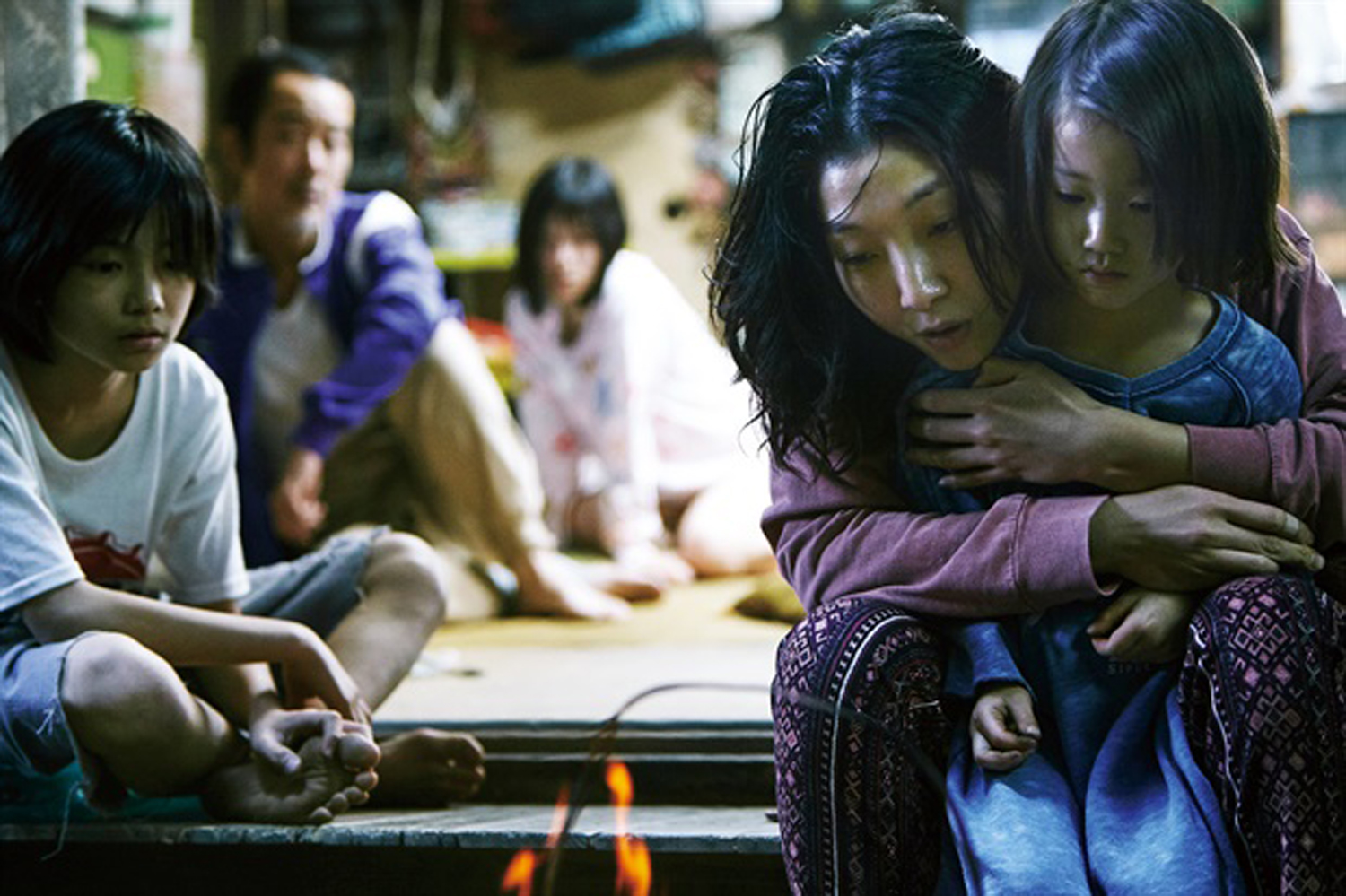
- Golden Globe Awards
Shoplifters (Japan)
Hirokazu Kore-eda’s Shoplifters has caught much attention after being awarded the Palm d’Or in Cannes this year. After its Japanese release in June, the film has gone on to become the biggest box office among his films with a current domestic box office total of $54 million. And the film is also a huge hit in China and Korea. This has come as a bit of a surprise given its status as an art film with a focus on grim social problems and social outcasts. The main narrative is centered around a group of people who are not blood-related but who has constituted a singular familial unit. Their marginalized existence takes place in the shadows of “traditional” society while they do whatever necessary to survive, by making their own rules.This story’s unexpected appeal and connection with Japanese audiences has been another pleasant surprise for the filmmakers as well. Over the years, social problems like poverty, child abuse, domestic violence and the collapse of the family unit have become more visible and become an unavoidable part of life in Japan. These problems we face were masterfully interwoven into the story with compassion and subtlety without being preachy. Kore-eda’s directorial skills make it easier for audiences to sympathize with the unruly characters and make us reluctant to hastily judge those who don’t live by societal norms. His characters are happy in their unorthodox situation; always full of laughter in a cluttered house with barely enough space for them to sleep. But can they go on like this?He delves into the question of what is family. Does family depend on blood ties, or can people form a commune-like family without blood relation and be as caring and loving to one another?Shota (Jyo Kairi), is a quiet but deeply observant 10-year-old boy. He was taught to shoplift by the man who serves as his de facto father figure. As Shota grows older, he starts to see the difference between right and wrong and begins to question the morality of their survival as well as that of his father figure. However, we see that his agency over his developing moral code wouldn’t be possible were it not for the stable and loving environment afforded to him by his new family unit.Kore-eda had been toying with the idea of Shoplifters on and off for the last 10 years. After the loss of his mother, he was overcome by the feeling that he had become nobody’s child and began questioning his own definition of family. Kore-eda ‘s works are very often about families. His sharp observations resonate with the audience, allowing them to see themselves through the characters he creates. He decided to begin working on the film after hearing the news of a Japanese family that had kept their father’s death a secret in order to keep collecting his pension to stay afloat financially. When asked to define “family,” he says there is no answer and it is up to the audience to find their own definition.

